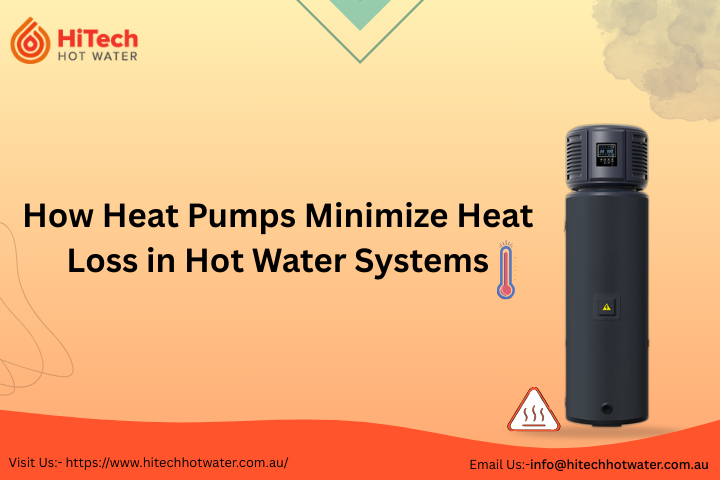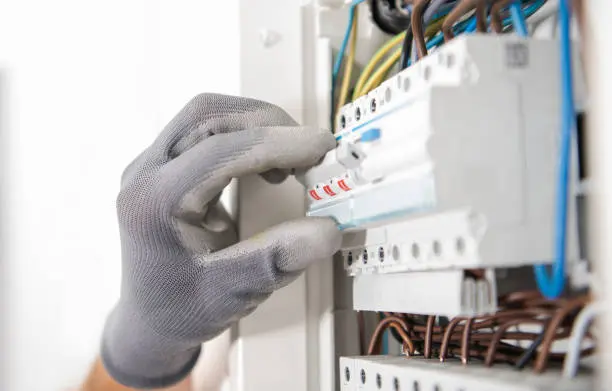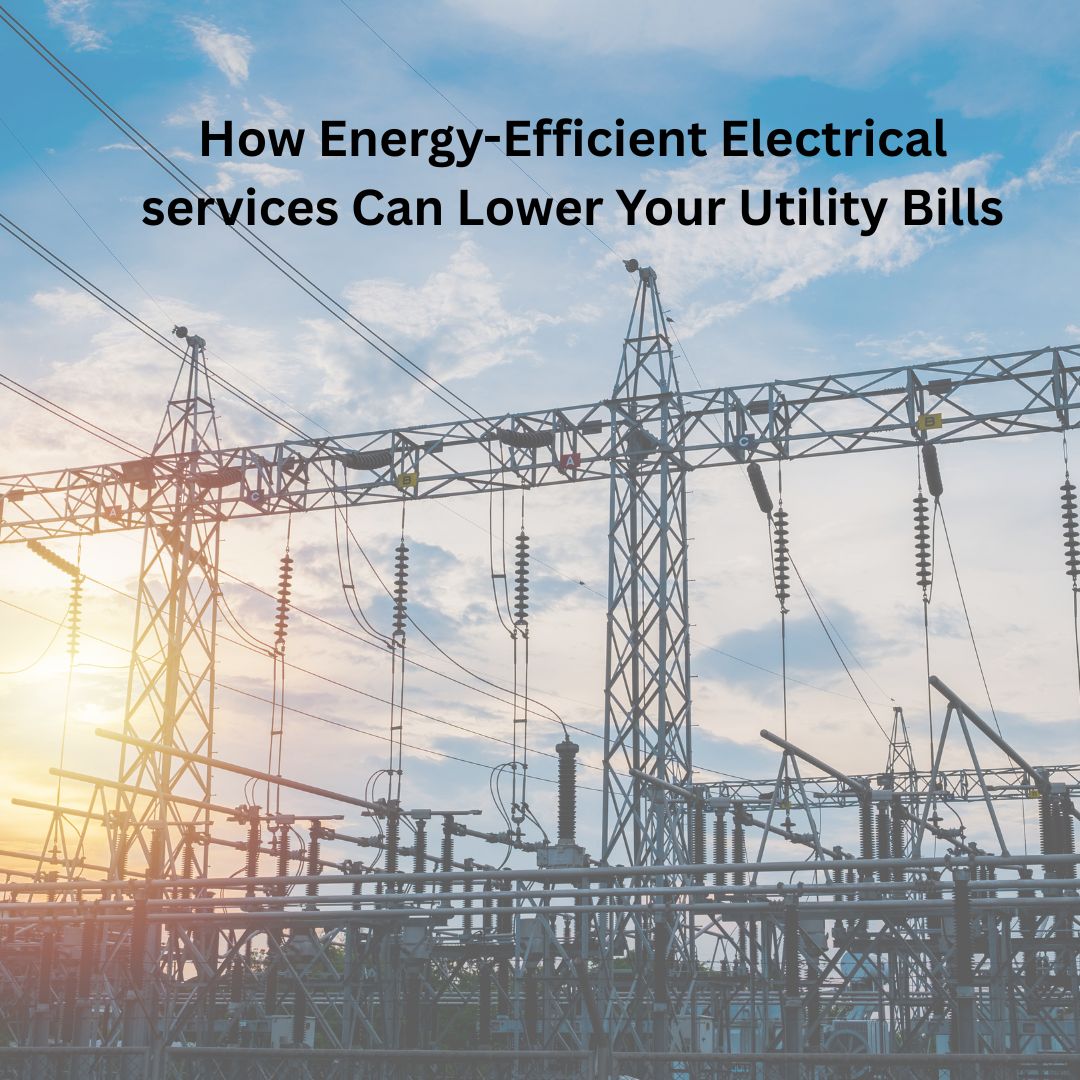
Victoria’s homeowners are increasingly choosing energy-efficient hot water systems to cut utility bills and reduce environmental impact. One standout solution? Heat pumps. Unlike traditional electric or gas systems, heat pumps harness ambient air to generate hot water more efficiently — and a key benefit is how effectively they minimize heat loss. Let’s explore how heat pumps work, why reducing heat loss matters, and how Victorians can take advantage of this technology.
What Is a Heat Pump Hot Water System?
A heat pump hot water system uses the same basic principle as a refrigerator — but in reverse. It extracts heat from the surrounding air, even in cooler temperatures, and transfers it to the water stored in an insulated tank. Because it moves heat rather than generates it, it uses significantly less electricity.
In Victoria’s temperate climate, where winters can be chilly but not extreme, heat pumps operate efficiently year-round. This makes them especially beneficial for Victorian households looking for consistent performance with lower energy usage.
Understanding Heat Loss in Hot Water Systems
Heat loss in traditional hot water systems occurs in two primary ways:
- Storage heat loss: Heat escapes from the water tank through poorly insulated surfaces or outdated materials.
- Distribution heat loss: Hot water loses heat as it travels through pipes from the tank to the tap, especially if the pipes are long or uninsulated.
Minimizing these losses is crucial for both energy efficiency and household savings.
How Heat Pumps Reduce Heat Loss
- Superior Tank Insulation
Modern heat pump systems often come equipped with high-quality insulated storage tanks. This insulation minimizes standby heat loss — meaning the water stays hotter for longer without needing frequent reheating. This is especially advantageous during Victoria’s colder nights, where traditional tanks may struggle to maintain temperature.
- Efficient Heat Transfer Technology
Heat pumps use compressors and heat exchangers to transfer heat with minimal energy loss. Unlike resistance-based systems, which lose energy in the conversion process, heat pumps efficiently use ambient air to heat water and store it in a well-insulated tank.
- Smart Temperature Regulation
Many heat pump systems include smart thermostats and timers, allowing you to heat water only when needed. By avoiding unnecessary reheating, the system conserves energy and minimizes thermal loss throughout the day.
- Shorter Recovery Time
Because of their efficient design, heat pump systems often reheat water quickly. Less time spent reheating means fewer opportunities for heat to dissipate, maintaining overall system efficiency.
- Reduced Distribution Losses with Optimal Installation
Installers often recommend placing the heat pump close to the main point of use — for instance, near the bathroom or kitchen — to minimize the distance hot water must travel. This placement reduces pipe heat loss, a common issue in larger homes or properties with long pipe runs.
Why Heat Loss Reduction Matters in Victoria
Victorian homes, especially older properties, often deal with poor insulation and outdated plumbing. This can lead to significant heat and energy loss in traditional hot water systems. Upgrading to a heat pump:
- Reduces your energy bills
- Lowers greenhouse gas emissions
- Delivers more consistent hot water supply, even during cold spells
With energy prices on the rise, a well-installed heat pump system becomes a smart investment in both comfort and sustainability.
Government Incentives for Heat Pump Systems in Victoria
Victoria offers several rebates and incentives to encourage residents to switch to energy-efficient hot water systems. Through programs like the Victorian Energy Upgrades (VEU) initiative and Solar Victoria, eligible households can receive generous discounts on heat pump installation.
These incentives further reduce the upfront cost of upgrading, making the long-term savings even more attractive.
Tips for Maximizing Heat Pump Efficiency
To get the most out of your heat pump system:
- Choose a unit with a high Coefficient of Performance (COP) – Higher COP means better energy efficiency.
- Insulate your hot water pipes – This helps reduce distribution losses, especially during cold Victorian winters.
- Schedule heating during off-peak hours – Lower electricity rates at night can improve cost efficiency.
- Keep the system well-maintained – Regular servicing ensures optimal performance and extends the unit’s lifespan.
Is a Heat Pump Hot Water System Right for Your Home?
If you’re in Victoria and looking to reduce energy bills, minimize your carbon footprint, and enjoy reliable hot water throughout the year, a heat pump is a smart, future-proof choice. Whether you’re building a new home or upgrading an hot water system, modern heat pump technology offers significant advantages over traditional electric or gas models — particularly in how it reduces heat loss and energy waste.
Conclusion
Minimizing heat loss is critical to creating an efficient, cost-effective, and sustainable hot water system. Heat pump technology excels in this area, offering Victorian homeowners a powerful way to save energy and money without compromising comfort. With government support and growing environmental awareness, now is the ideal time to make the switch.





